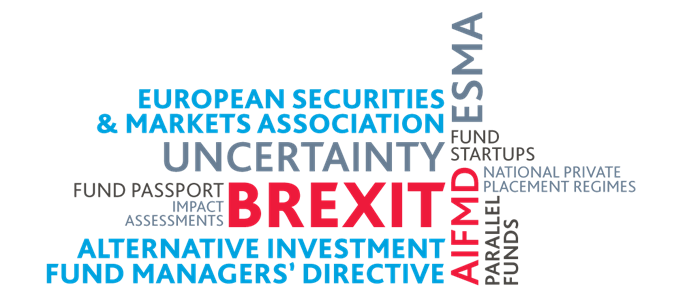This Brexit Mess: What is keeping me up at night

As a parent and a business owner (a partner at BDO, based in London), I have both personal and professional concerns about Brexit.
Personally, I am worried about how Brexit will impact my children’s educations and the opportunities they will have – or not – down the road.
Professionally, I’m concerned for my clients and our economy because of the uncertainty Brexit has brought with it. I still remember the morning after the vote when my husband woke me up and said, “We’re out.” I thought he was joking until I grabbed his phone. Since then, I’ve come to understand the word “trepidation” much better.
Now, nearly two years later, as I write this blog, the uncertainty remains with two big issues still unsettled: parliamentary oversight of a Brexit deal and what kind of trade agreement to pursue. I am an economist by training and the levels of uncertainty we’re experiencing are just shocking to me. But it’s not just the uncertainty.
I’m also worried about the cost of Brexit as a whole, Brexit’s impact on doing business in the UK, and the position it puts me in as an advisor to fund startups and established funds.
Of course, my clients expect me to have some answers to their many justified questions, and I have definitely tried to get some. But each time I ask the people who should know – lawyers and those working in regulatory and government offices, for instance – I get the same lame and unhelpful answers and the sense that they don’t really know, even though they speak authoritatively. I think this is the true source of my frustration.
Let me give you some examples about what this Brexit mess means in my daily work.
Welcome to limbo land
My clients who are startup funds are concerned about the Alternative Investment Fund Managers Directive (AIFMD), the rule which governs investment passports for non-European Union funds.
It is possible that post Brexit, the current AIFMD passport used by UK domiciled funds, may no longer be an option for UK funds. The alternative would be a non-EU passport, but very little progress has been made on the non-EU passport regime under AIFMD, which also impacts several other countries besides the UK. In short, my clients are being left in limbo and many are now considering working through the national private placement regimes or re-domiciling their funds to ensure access to EU investors.
Finding alternative ways to access EU investors means complicated and costly processes and that doesn’t even cover the overall concern that no agreement on UK domiciled fund passporting will be reached, at least in the short term. If this isn’t a mess, I’m not sure what is?
Dear Mrs. May
Since I started this blog talking about what keeps me up at night, I’ll continue by sharing one of the dreams I do have when I eventually fall asleep.
It goes something like this: I pick up the phone and begin to chat with prime minister Theresa May (as you do). After the niceties, I remind her that financial services is the biggest wealth-generating industry in the UK – and we simply cannot let go of it. The EU Referendum clearly showed that more people care about keeping immigrants out of the country than about keeping the UK financial service sector in. Or at least it seems that way. But I think that focus is misplaced.
Then I make my appeal to Mrs. May: “Theresa, please ignore political rhetoric, let reason triumph and protect financial services first by putting an end to this uncertainty as fast as you can. If you don’t protect financial services, it won’t just be London that is in big trouble.”
A recent article in the Economist newspaper quoted calculations from the Department for Exiting the European Union that indicated decreased cumulative GDP growth in the UK of 1.6 percent to 7.7 percent in the next 15 years, depending on the exit model. So I would finish our conversation by asking: “Well, Mrs. May, is that what we want to achieve from this process?” I would hope her answer would be “no.”
I realize I’ve been a bit negative in my blog, and I guess it’s no secret how I voted (like so many other Londoners).
But I would like to say that I remain optimistic that despite my restless nights and uncertainty about the costs of Brexit on the economy as a whole, I think all the open points will eventually get negotiated, and we’ll end up with a system more or less like we have it now, but outside the EU.
After all, it’s the British who coined the term “Keep calm and carry on.”